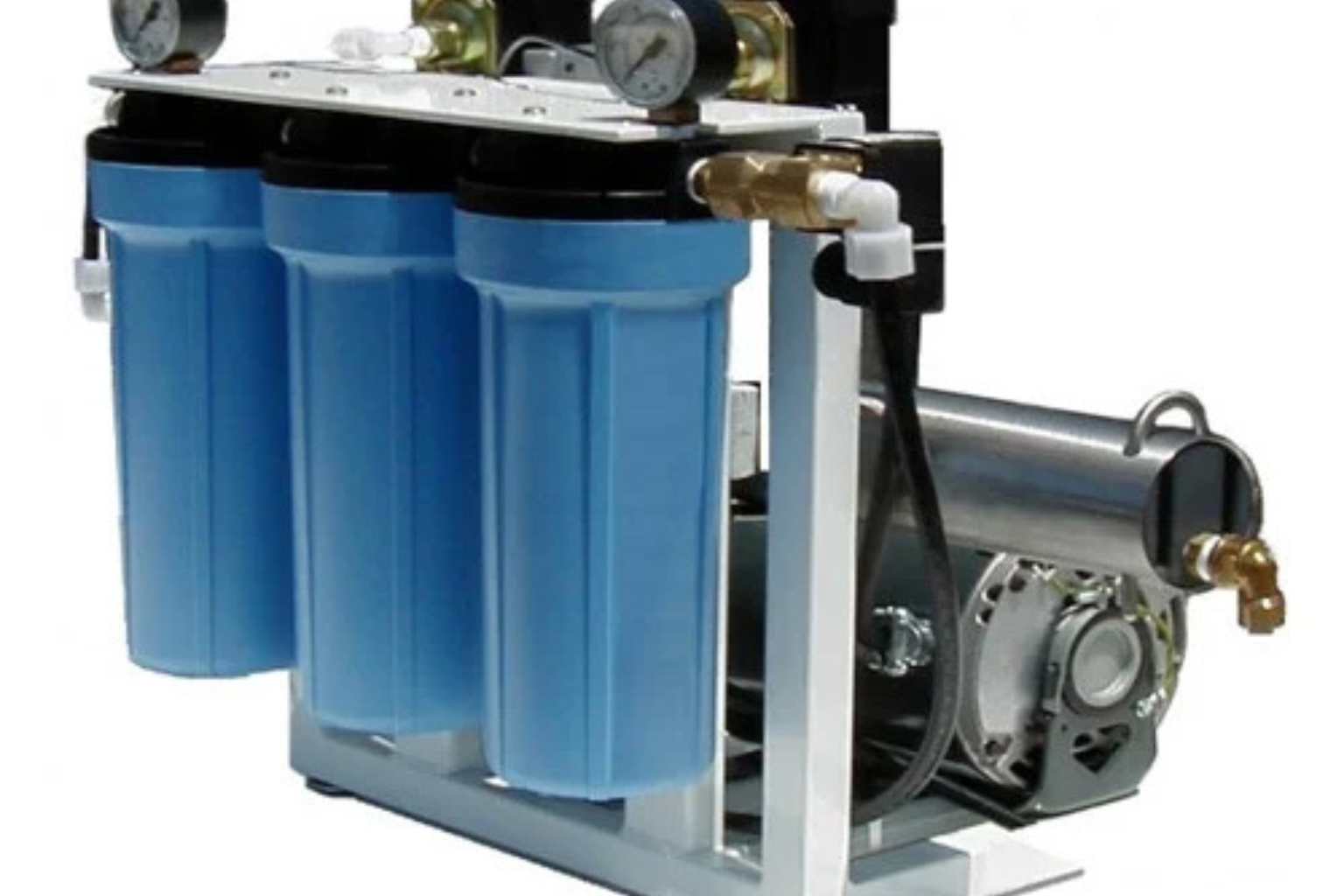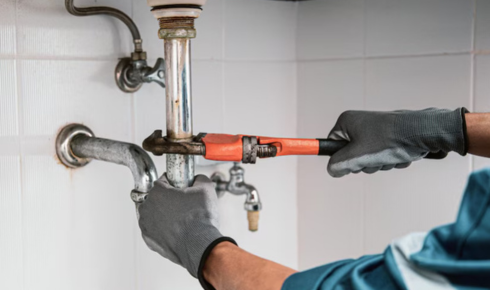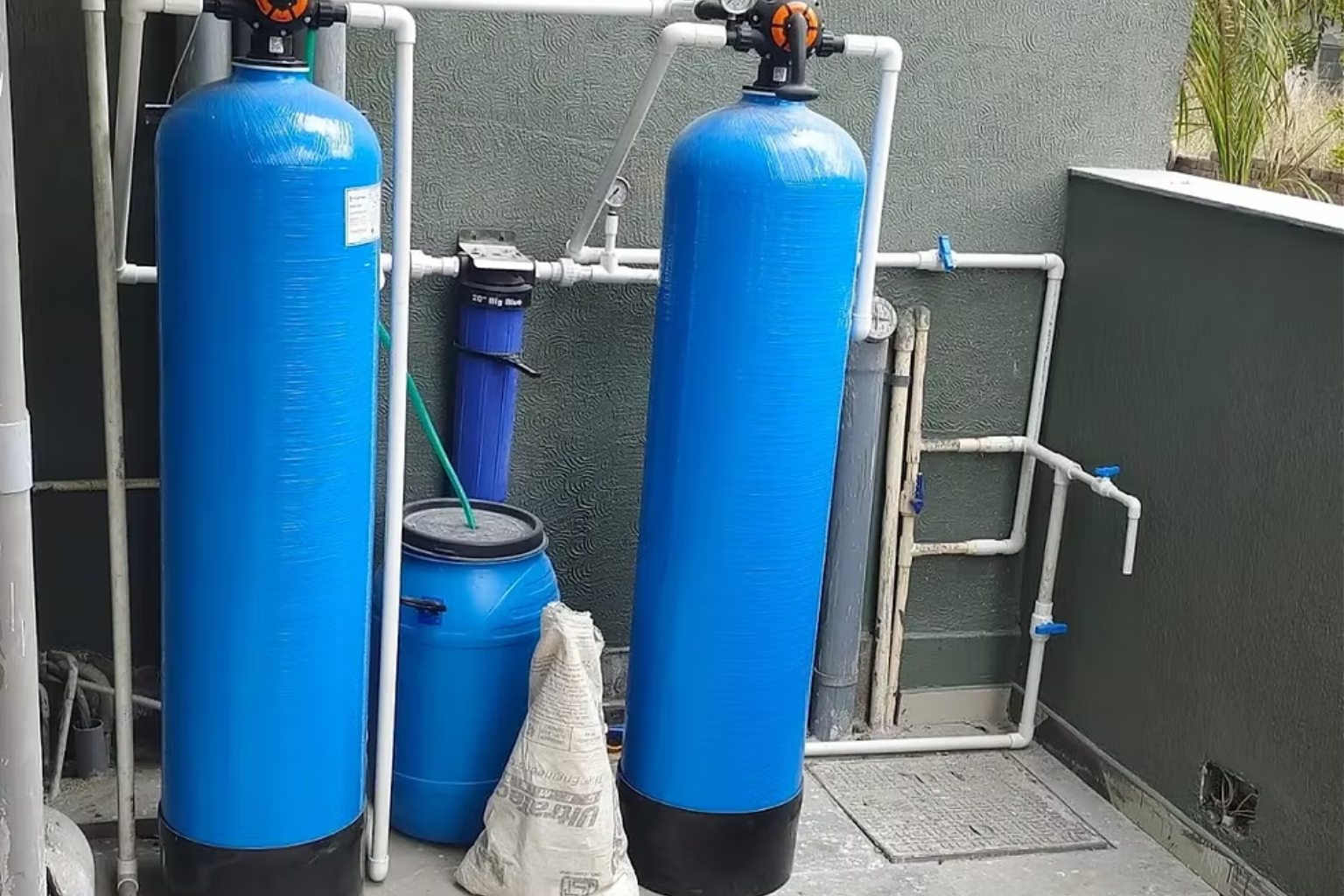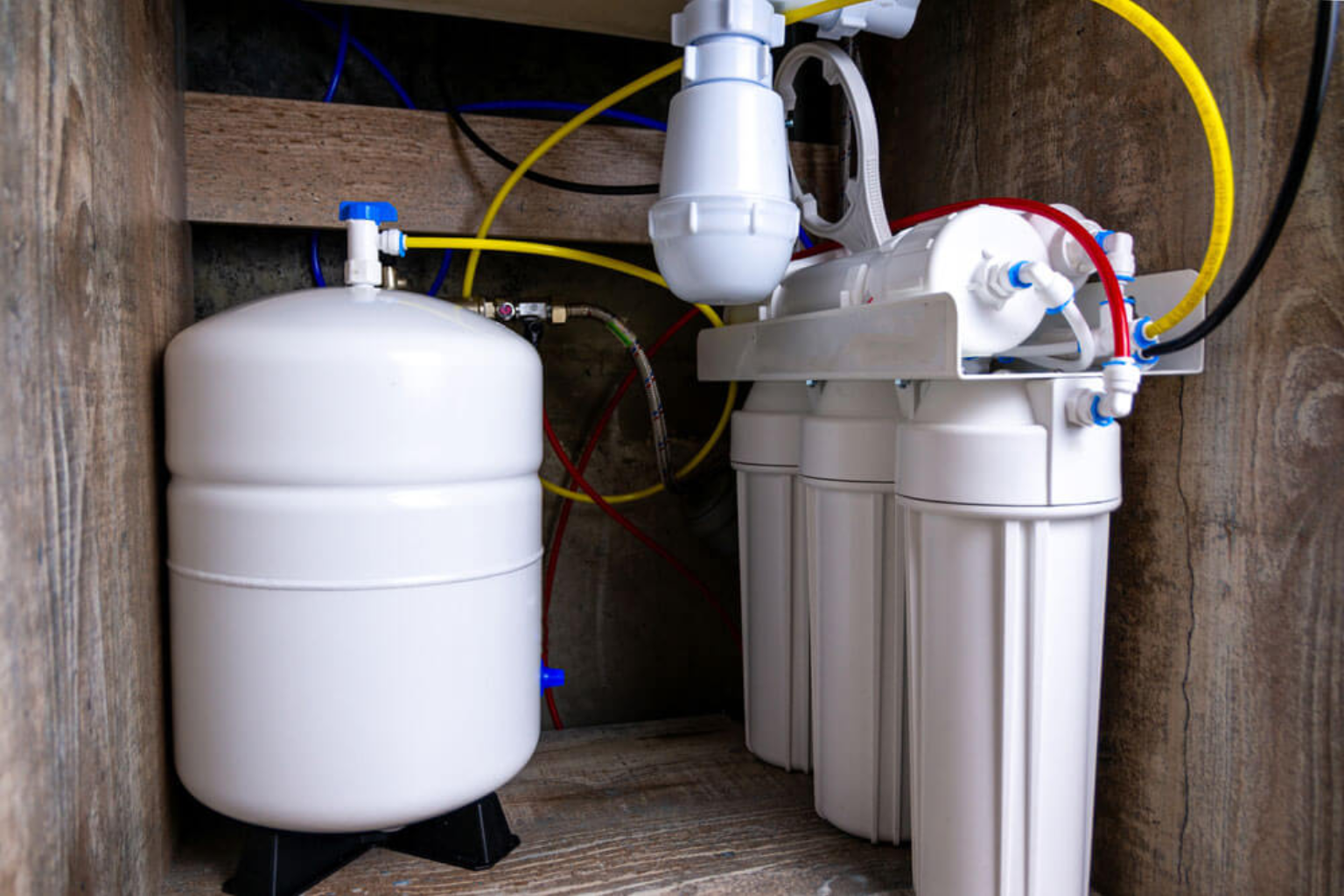There’s nothing quite as unsettling as expecting a refreshing sip of water—whether from the tap or a bottle—and instead being greeted by a smell that makes you immediately pull back. Rotten eggs. Sulfur. That sharp, unmistakable odor that makes you question not just your plumbing, but your entire life for a second.
It’s the kind of issue nobody wants to admit they’re dealing with, yet almost everyone experiences at some point. And when it happens, you suddenly can’t stop thinking about it. You sniff the tap. You try another glass. You run the faucet again, hoping it magically “fixes itself.” You even ask someone else, slightly embarrassed, “Hey… does this smell weird to you?”
The truth is, smelly water isn’t rare—and it’s almost always solvable once you understand what’s going on.
The Moment Your Running Water Surprises You
There’s a very specific feeling you get when the faucet is running and an unexpected odor hits you. It’s part confusion, part annoyance, part mild panic. You wonder if something happened to the pipes overnight, or maybe your water heater is staging a rebellion.
This is exactly the moment people find themselves searching things like running water smells like rotten eggs, hoping Google provides answers instead of panic.
Most of the time, the culprit is hydrogen sulfide gas—a naturally occurring compound that creates that unmistakable “rotten egg” smell even in tiny amounts. It can appear in hot water, cold water, or both, depending on the source.
It’s unpleasant, yes. Dangerous? Very rarely. Fixable? Absolutely.
When Bottled Water Isn’t the Escape You Expected
You’d think switching to bottled water would spare you from water drama. After all, it’s sealed, filtered, and supposedly “pure,” right? But on rare occasions, even bottled water can betray you.
If bottled water smells like rotten eggs, there are a few likely explanations:
– natural sulfur compounds from the source
– bacterial contamination inside a reusable bottle
– bottles stored in warm or unclean environments
– rare manufacturing issues
Most people never consider that the smell could come from the bottle itself, especially reusable ones with rubber seals or lids that trap moisture. Those little spaces are like tiny apartments for bacteria if not cleaned properly.
It doesn’t feel great when it happens—but again, it’s fixable.
That Awful Moment Water Tastes Like… Eggs
Smell is one thing, but taste is another level entirely. Nothing ruins a day like that first sip of water that suddenly tastes nothing like water. It catches you off guard, lingers on your tongue, and makes you wonder whether something’s wrong with your plumbing, your well, or even your senses.
If your water tastes like eggs, don’t panic. Taste changes are almost always linked to the same sulfur compounds responsible for the odor. When hydrogen sulfide dissolves in water, it can affect taste just as much as smell—sometimes more.
Hot water tends to intensify the effect, which is why you may notice it most when cooking or making tea.
The good news? Once you identify the source, taste improves quickly.
So… Where Is the Smell Actually Coming From?
Before assuming the worst, it’s helpful to narrow things down. The source can usually be traced to one of these places:
- The water heater – A common culprit, especially if only hot water smells.
- The drain – Sometimes the water is fine but the drain releases gas when water flows over it.
- Underground water supply – Wells are known for natural sulfur.
- Plumbing bacteria – Not harmful, but definitely smelly.
- The bottle or container – Especially if it’s reusable or not dried properly.
A simple test: Fill a cup of water and sniff it away from the sink.
If the odor disappears, the drain is the issue—not the water.
Why Water Heaters Create That Smell
Many homes have anode rods inside their water heaters to prevent corrosion. Sounds helpful—until those rods react with sulfur bacteria and create hydrogen sulfide gas. Suddenly your hot water smells like rotten eggs even if your cold water is perfectly normal.
Fortunately, this issue is one of the easiest and cheapest to fix.
If You Have Well Water, This Will Sound Familiar
Well water is clean and refreshing, but it’s also full of natural minerals and organic matter. Sulfur bacteria thrive in deep underground environments. When they react with organic elements, the smell appears.
It’s not a sign your well is “dirty”—it’s just natural chemistry at work.
Treatments like aeration, oxidation, or filtration can eliminate the smell long-term.
When It’s Not the Water—It’s the Bottle
Reusable bottles can be sneaky. They look clean but hide moisture in lids, rubber rings, and threads. Bacteria love these spots. Even if the water going in is clean, the smell coming out won’t be.
If you’ve ever left a bottle in a warm car or gym bag, you know exactly what I mean.
Solution? Regular deep cleaning, bottle brushes, and allowing every part—including the lid—to fully dry.
The Strange Part: The Smell Comes and Goes
Many people report that the rotten egg smell appears at random. Morning? Strong. Afternoon? Gone. After vacation? Worse than ever.
This inconsistency makes the issue feel more mysterious, but it’s usually tied to:
– standing water in pipes
– changes in water temperature
– shifts in local water supply
– water heater cycles
– bacterial growth rates
Even the weather can influence sulfur levels in well water.
How to Fix the Problem—Once and for All
Here’s the good news: sulfur-related water issues are almost always solvable. Depending on the cause, solutions include:
– flushing or disinfecting drains
– replacing your water heater’s anode rod
– installing carbon or oxidizing filters
– using aeration or peroxide systems for wells
– deep cleaning reusable bottles
– ensuring proper ventilation in plumbing
– shock chlorination for well systems
You don’t have to “live with it,” despite what some people might say.
A Calm Ending to a Smelly Situation
Rotten egg smells in water feel unpleasant, embarrassing, and confusing—but they’re not rare, not dangerous, and definitely not permanent. The key is understanding the source instead of guessing or ignoring it.





